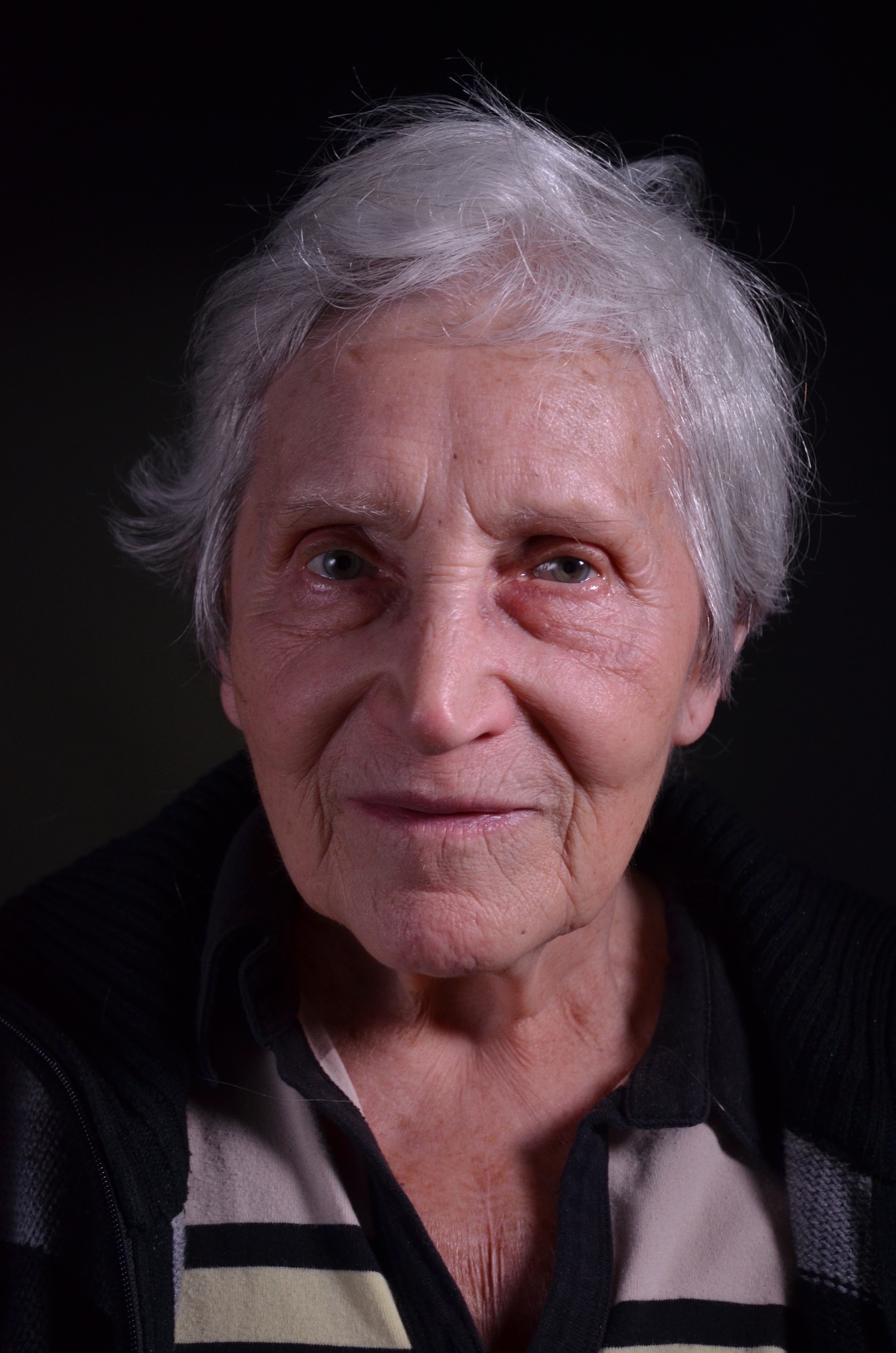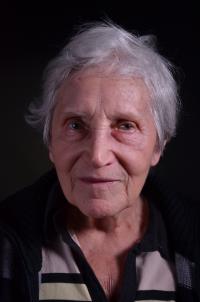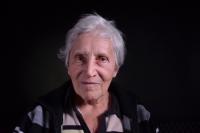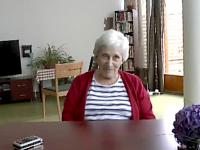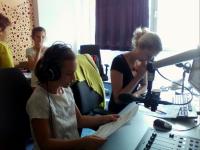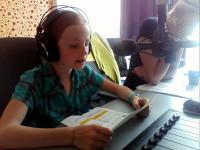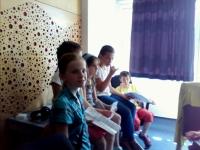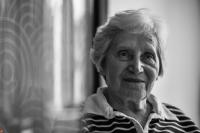One of the carers told me: “Hab keine Angst. You’ll be warm in a few days.”
Hana Mlejnková, née Haislerová, was born in 1932 in the north Bohemian town of Litvínov. She comes from a family of mixed religion, her mother was a Jew and her father a Catholic. Her parents had three daughters, of which Hana was the youngest, and one son. The older daughters were registered as Catholics, but Hana and her brother were filed as Jews. In 1940 the eight-year-old Hana was sent to Hannover in Germany, where she lived in a children’s home, separated from parents, in a strange country. The children’s home was run in German, the children did not attend school, they had to work. After two years she was allowed to return home safely, but she had almost forgotten her native Czech. She spent the rest of the war in Litvínov, the Czechs considered her a German, and the Germans saw her as a Jew. After the war the Germans were expelled from Litvínov and Hana thus lost her only friend. Several years after the war Hana married and left Litvínov with her husband, moving to Prague. She worked as a shop assistant. Hana Mlejnková lives in Prague.
